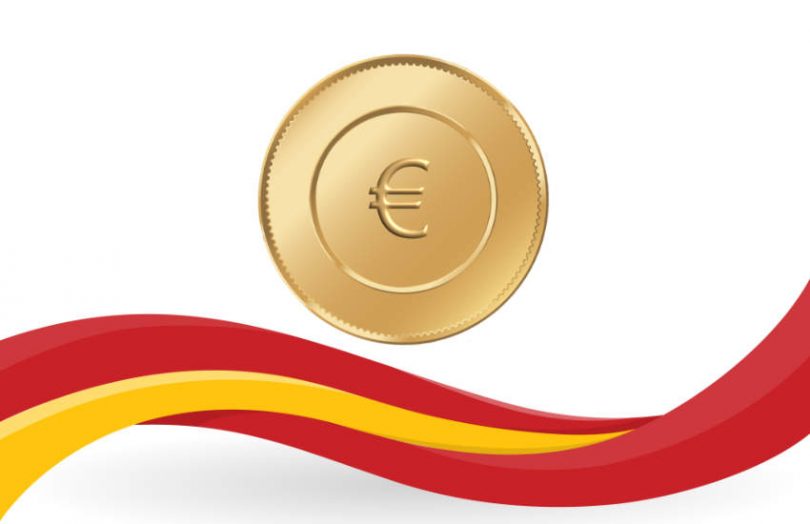Spanish banks test the digital euro

30 Spanish banks including BBVA, Sabadell, Santander, ING and Deutsche Bank, joined by payment services organisations Iberpay, Bizum and Redsys, have set up a working group to assess the impact of the implementation of a digital euro by the European Central Bank.
FACTS
-
The objective of this "Proof of Concept" is to deploy in a controlled production environment the various use cases of digital money payment proposed by the Eurosystem.
-
This experiment will provide an in-depth analysis of the technical, operational and commercial implications of the digital euro and its coexistence with existing payment instruments.
-
The tests will include :
-
person-to-person (P2P) transfers
-
e-commerce payments,
-
physical trade payments.
-
The timetable is very tight as the project roadmap foresees that this PoC will be completed by the end of 2022.
CHALLENGES
-
The tests will involve banks as intermediaries and custodians of CBDC accounts. The working group proposed a collaborative model for the digital euro: while the ECB issues the currency, banks distribute to end-users deploying their existing infrastructures to increase security and reduce volatility.
-
The group confirmed the possibility of applying limits to the holding and use of digital euros for online and offline payments. They added that while offline payments based on the euro present "huge opportunities", there was a need to remove obstacles such as restrictions on the use of Near Field Communication and the standardisation of the use of QR codes in Europe.
-
Stakes and interests not necessarily aligned: This new phase of experimentation brings together a large number of players, including Caixabank, which was chosen by the ECB to test its new digital euro prototype. Moreover, this spontaneous impetus from Spanish banks and payment services, the very ones that were the first to express reservations within the EPI coalition, raises questions.
MARKET PERSPECTIVE
-
Iberpay has already conducted several trials with tokenised payments and programmable or smart money. As part of its "smart money" experiments. The bank has already tested models based on account entries and tokens, distributed and centralised DLT technologies on the Iberpay Red-i interbank blockchain, online payments and the possibility of offline payments when no internet connection is available, limits on the holding and use of digital euros and important issues such as anonymity or programmability through the use of smart contracts.
-
Meanwhile, the ECB is soliciting experts from the payments industry to propose use cases for programmable money for a retail digital euro.
-
Another issue pitting the ECB against the Bank of Spain is the proposed tax on bank windfall profits. The government hopes to earn some €3 billion by imposing a special 4.8% tax on Spanish banks that made more than €800 million in profits last year, which is expected to last for two years.
